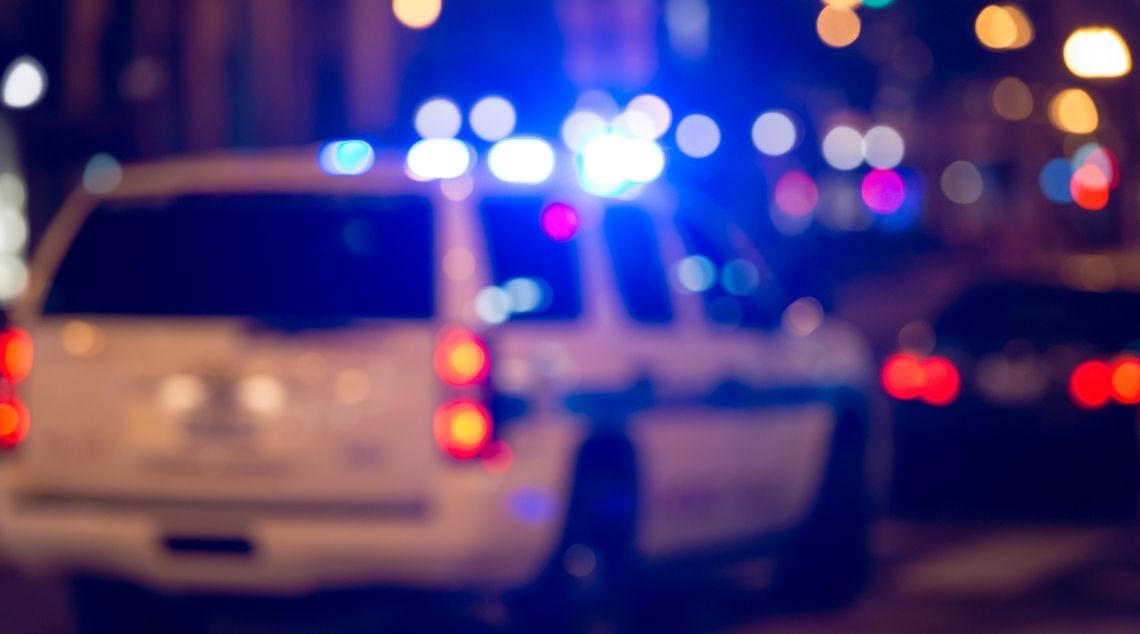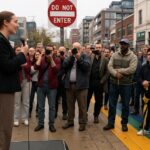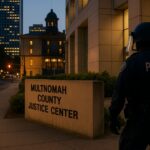Rank and file police officers in the United States are facing insurmountable pressure every day outside of the commands they take from their superiors. There is a growing movement by communities and politicians to increase police officer accountability. The demand for civilian police oversight boards has increased over the last few years in response to police officer involved shootings in cities like Chicago and Tulsa, Oklahoma. Many people are left to question what is the best method to hold police officers accountable for wrongdoing.
Civilian oversight boards have a history of dating back to the early 1900s. They were initially created to try and eliminate politicians control over police, but it failed. The movement for these boards died down for the time being. The support for these boards picked up during the Civil Rights Movement. Today there are over 200 of these boards supervising police departments according to Governing Magazine.
The civilian police oversight board in Los Angeles has been criticized by opponents for inconsistent discipline toward high ranking officers and the composition of the board. Because LA’s police oversight board is more comprised of attorneys and mediators, officers with higher ranks get more favorable disciplinary decisions over lower-ranking officers. Peter Birbiring of the ACLU of Southern California told Governing: “These members don’t represent the diversity of L.A. and especially not the communities affected by police violence.” Amendment C, which was approved by Los Angeles voters in 2017, created the current oversight board in the nation’s second largest city.
Chicago’s Civilian Office of Police Accountability (COPA) may look good when you see the name, but the details of how the agency is operated shows a different story. COPA is a governmental agency of the City of Chicago that employs 144 people and has a budget of over $10 million for the 2017 fiscal year according to the Better Government Association. COPA runs independent of the citizen led Chicago Police Board. A CATO Institute survey found that 79 percent of Americans favor outside law enforcement agencies handle investigations of police conduct over civilian oversight boards. The model of Chicago’s COPA handling misconduct investigations independent of law enforcement runs contrary to most Americans who feel there is a better way to investigate misconduct.
The CATO Institute has long been critical of two issues of police oversight boards: selection of members and the investigative powers of boards. A civilian police oversight board in Portland, OR is only limited to investigating internal affairs complaints within their own police department. This meant two thirds of the complaints received do not get investigated.
CATO has also criticized the selection methods of police oversight board members. Most jurisdictions allow the Mayor or the Chief of Police to select board members. This means that if a police officer is facing disciplinary proceedings, board members may be beholden to the chiefs of police who run the department. This means that board members may lack the independence needed to arbitrate discipline in an impartial manner.
New York City’s civilian police oversight board has long been criticized for inconsistent discipline. Department commanders have often rejected 90 percent of the board’s disciplinary findings in 2012.
Civilian police oversight boards may become popular after news breaks of an officer involved shooting or other police misconduct. Elected officials who pursue the idea do not look at the unintended consequences these boards carry. Inconsistent discipline, board members who lack political independence and impartiality, and excessive taxpayer costs are three reasons why these boards do nothing to solve police misconduct. They should place their trust in outside law enforcement agencies that most Americans trust to handle these investigations.
Daniel Stuebs is the executive director of the American Police Officers Alliance, a political organization dedicated to supporting America’s police officers.









